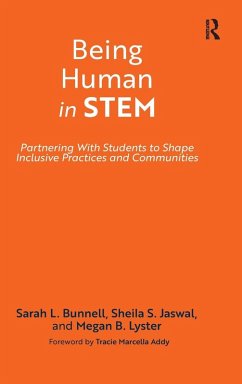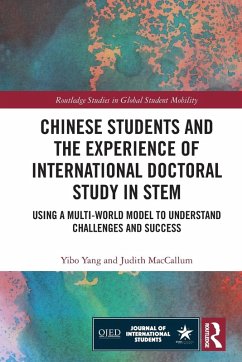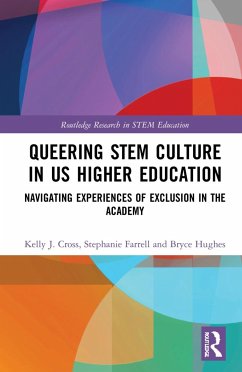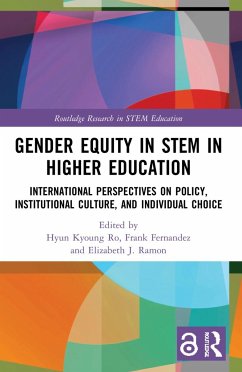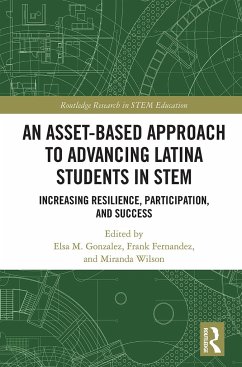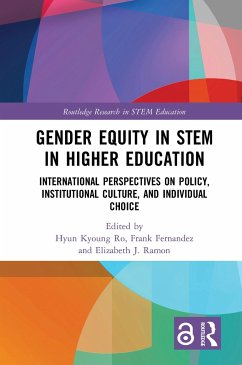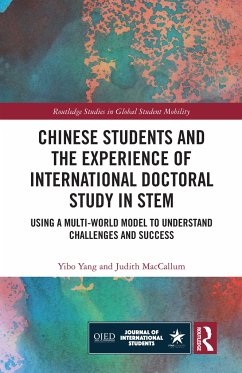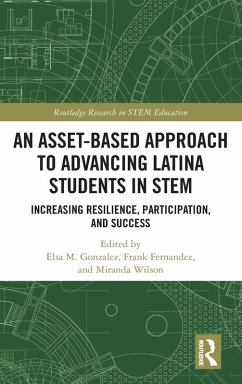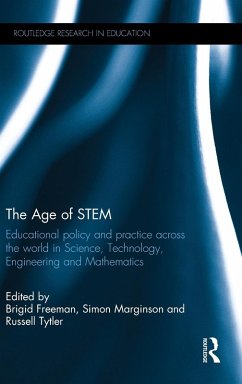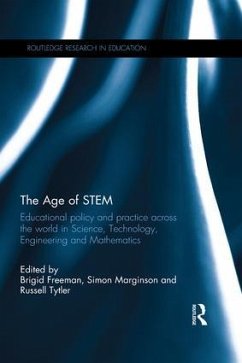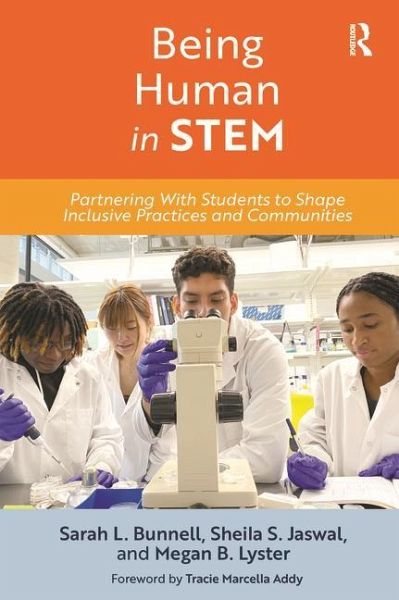
Being Human in STEM
Partnering with Students to Shape Inclusive Practices and Communities
Versandkostenfrei!
Versandfertig in 1-2 Wochen
35,99 €
inkl. MwSt.
Weitere Ausgaben:

PAYBACK Punkte
18 °P sammeln!
This book presents the Being Human in STEM Initiative, or HSTEM, as a model for challenging the assumptions we make, and how we communicate to students, about who belongs and who can thrive in STEM.





